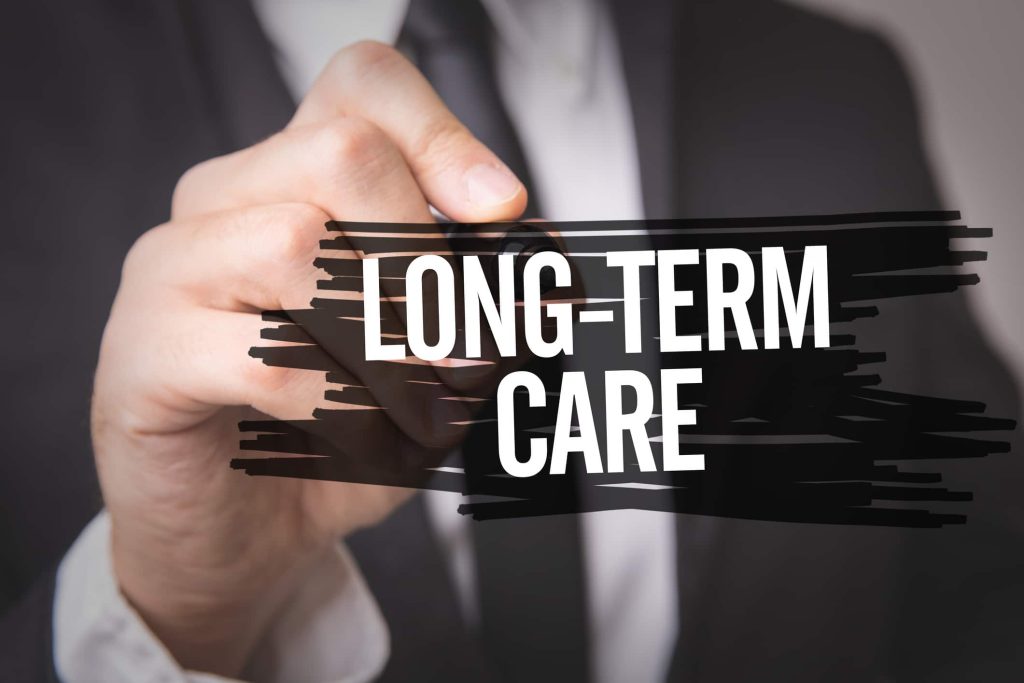Applying for Medicaid/ALTCS is a little easier if you have a general idea of whether the applicant meets all of the eligibility requirements.
Medicaid vs. Medicare
Medicaid and Medicare are both government programs that help relieve the cost of medical care. Medicare is a federal program that provides benefits for individuals 65 and older, and individuals with disabilities. Medicaid is a federal and state program that provides benefits for individuals with limited income and assets. Medicare functions as a health insurance where people pay part of the costs of their medical coverage through premiums or deductibles. Medicaid covers the entire cost of most medical expenses and provides benefits for things like home care.
ALTCS
Arizona’s Medicaid program is called the Arizona Health Care Cost Containment System (AHCCCS). Within AHCCCS, there is a program called the Arizona Long Term Care System (ALTCS). There are five factors required to qualify for ALTCS. You must be a US citizen, an Arizona resident, medically eligible, below the income limit and below the asset limit. Citizenship and residency are relatively straightforward, but medical, asset and income eligibility require a little more discussion.
Medical Eligibility
Medical eligibility for ALTCS requires that the applicant pass the Preadmission Screening (PAS). The PAS assesses several factors that create a functional score and a medical score. The functional score assesses the applicant’s ability to perform six activities of daily living (ADL), continence, sensory, orientation and behavior. ADLs include bathing, dressing, grooming, eating, mobility and transferring. The medical score assesses the medical conditions and services and treatments. The functional score has a maximum of 166 and the medical score has a maximum of 31.5. The combined score must total at least 60.
Income Eligibility
The monthly income limit for ALTCS eligibility is three times the maximum monthly Supplemental Security Income (SSI) payment. The current maximum monthly SSI payment is $943. The current monthly income limit for ALTCS eligibility is $2,829. However, there is a relatively simple solution to achieving income eligibility if you are over the limit. You can create an income only trust, what is known as a “Miller Trust,” to receive your income in excess of $2,829. Having your income go to the trust prevents ALTCS from counting it as your income for eligibility purposes. Still, you should not create a Miller Trust until you achieve medical and asset eligibility as well.
Asset Eligibility
The applicants total “available” assets cannot exceed $2,000. Available assets does not include “exempt” assets, such as the applicant’s primary home and car. ALTCS considers the applicant’s spouse’s assets as available as well. However, if the applicant’s spouse is not applying for ALTCS, they can keep a share of the assets known as the Community Spouse Resource Allowance (CSRA).
In Arizona, the CSRA is half of the couple’s assets on the applicant’ first day of institutionalization or the date they are eligible for Medicaid. The minimum CSRA is $30,828 and the maximum is $154,140. For example, if a couple has $200,000 the CSRA is $100,000. The applicant must “spend down” $98,000 to achieve asset eligibility. Spending down requires using money on non-exempt assets, like fixing up the house or buying a new car.
Conclusion
Medicare and Medicaid are separate programs. AHCCCS is Arizona’s version of Medicaid. ALTCS falls under the umbrella of AHCCCS. There are several different categories of factors that determine ALTCS eligibility. You probably do not want to take steps towards achieving income or asset eligibility until the applicant is medically eligible.
You can fill out our ALTCS questionnaire to schedule a consultation.



